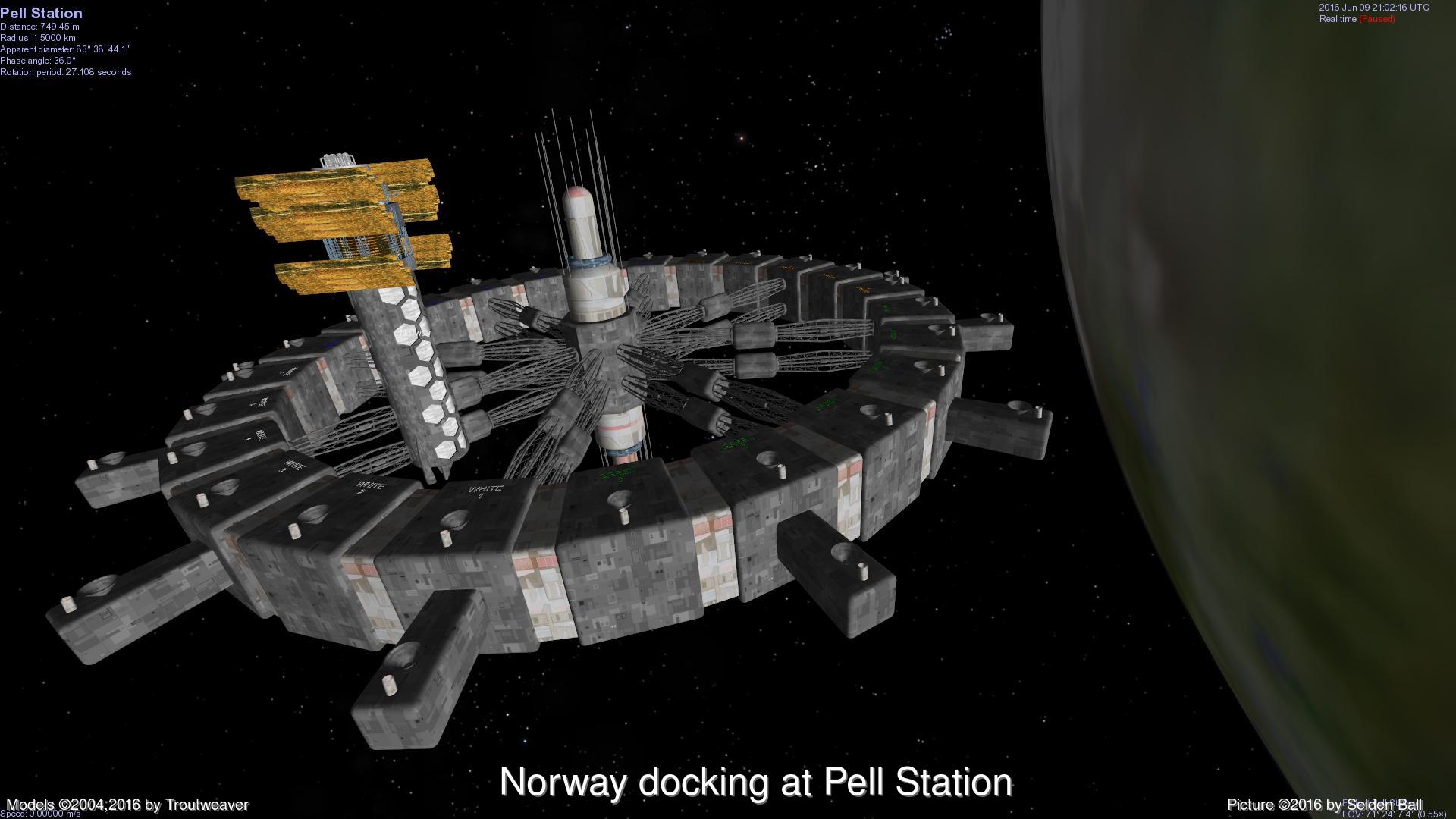I have been a life-long, avid consumer of Science Fiction. The bug really took root when I was in high school, and I was bitten hard. Heinlein, Asimov, Herbert, and other titans of the genre were my apetite and I voraciously devoured them all.
There were some authors that I attempted to get into, but at the time, and for many years after, I struggled to appreciate. One was John Brunner, whose Hugo Award winning “Stand on Zanzibar” is an example. It took no fewer than 4 attempts to get past the first 40 or so pages, the type and style of telling of the story just failed to grab my attention. But then I did read past that, fell in love with the style, and it remains one of my favorite novels of all time, one I reread fairly frequently.
The other was C. J. Cherryh’s “Downbelow Station”. Heck, I even got a deluxe copy in my Franklin Mint “Masters of Science Fiction” subscription.
Like Stand on Zanzibar, the style of this novel, how the points of view, from the various actors and agents takes some getting used to, and that certainly impaired my desire, and ability to really descend into the world.
Also, a staple of the universe created by Cherryh, the story is around the economics, the commerce, the underlying motivation of the agents in her stories. Whereas much of the science fiction that I cut my teeth on was fantastical tales of intrigue and later human interest. Exploring for exploring’s sake, Cherryh lept beyond that and had real, concrete motivations. Trade, the economy, credit, and profit/loss are all through her writing.
This is quite relevant to her tales, and the rich tapestry of human and alien motivations, as old as civilization, and an important engine of the underlying societies.
I believe it took me 20 years, and no fewer than 5 attempts to finally complete Downbelow Station, and now I am completely enthralled with the work of Cherryh. I have read the Chanur novels, and am working on more of the Alliance-Union universe, as well as the Foreigner story arcs.
Cherryh is a superb writer, applying mastery of the human/alien interactions, weaving rich tapestries of other sentient species, and how they interact, coming together for trade, and other economic rationalizations. Additionally, her books often contain quite realistic representations of the military, and how societies, their defense arms, and the economic arms interact/relate and work in tension with each other that virtually any inhabitant of Earth today can sympathize with.
I am embarrassed to admit that it took me this long to appreciate one of the true titans of the genre, but better late than never, eh?
